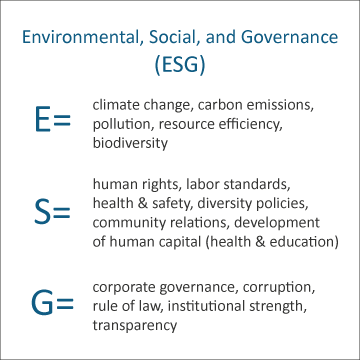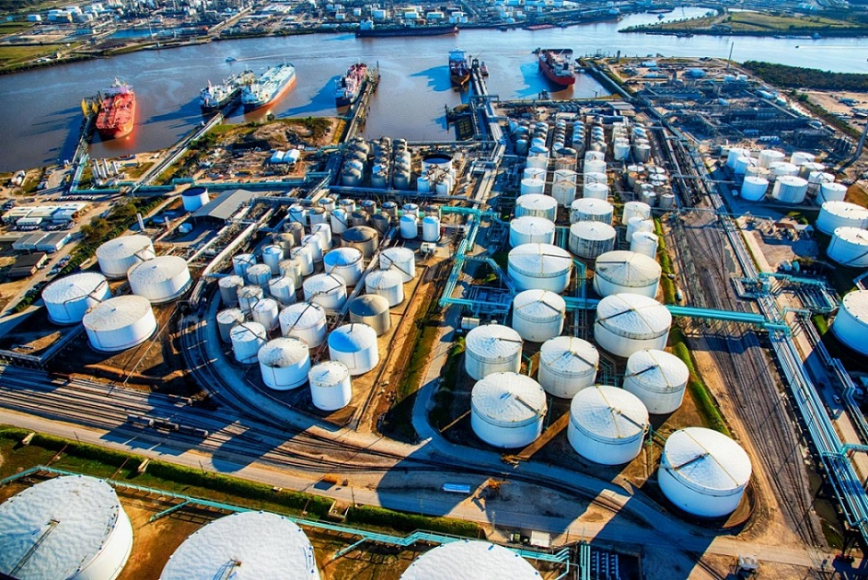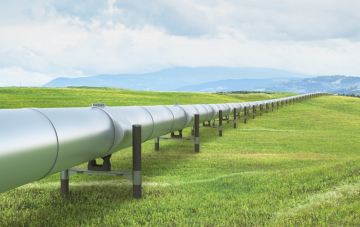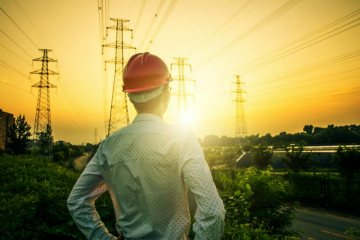A conversation with an oil and gas expert calling on the industry to take urgent actions to meet reduced emissions goals.
A conversation with Lindsay Burton, an oil and gas expert calling on the industry to take urgent actions to meet reduced emissions goals. She is a sustainability, ecological restoration, and remediation engineer. She talks about the need to balance where we are today with oil and gas consumption with the collective need to improve emissions and other environmental factors as the transition to renewable energy continues.
The outlook of the oil and gas industry today
The past few years in oil and gas have been tumultuous. From plummeting prices to direct attacks on license to operate, it has been a difficult time to be a member of the industry. As sustainability experts working in the oil and gas industry, I often get questions about how those two areas align. The first few times this question caught me off guard; my knee-jerk response was “how did you get to work today?” It never occurred to me that the tie between living our first-world lifestyles and the necessity for energy was lost on many people.
More and more, we as a society are seeing a dark connotation associated with the oil and gas industry of being an evil, polluting empire. I would argue that these one-sided connotations can unveil an urgent opportunity the industry has to both satisfy the global energy demand and be a valued member within communities.

Let me take a moment to address a needed public realization: one of the highest contributions to local air pollution in communities is vehicle emissions. Even if the technology and infrastructure was present (which it currently is not), how are we going to quickly transition the global economy from gasoline to electric-powered vehicles? How are we going to retrofit the infrastructure of millions of service stations around the world to then meet the electric charging capability demands?
Let me go one step further and ask, what if I told you that you were no longer permitted to use your personal vehicle unless it was electric? Would you currently be willing to pay for retrofit? Just looking at this one (relatively small) piece of the bigger picture involving the current use of oil and gas in our lives, it becomes evident that even under a best-case scenario oil and gas is not and cannot disappear in the near future.
What can the future look like?
I encourage the transition of mindset from “oil and gas pollutes our environment; it needs to be abolished today” to that of “oil and gas is currently a necessary industry to fuel the majority of my livelihood; how can the industry internally and externally collaborate to meet critical emission reduction goals?” The urgent opportunity I allude to is this- we must encourage the oil and gas industry to collaborate and innovate to begin to meet emission reduction goals. This will impact all downstream markets, including the exploration of all industries and aspects in which oil and gas is utilized to better understand how to optimize its usage. Now this is a huge, daunting ask. Many who are reading these words right now may agree but think “Well, where would I even start?”
Introducing the environmental, social, and governance (ESG) framework. This framework can be used to better understand how your business interacts and affects the natural environment and society. You now have a starting point to begin a deep dive into the internet to research what ESG framework is and how to incorporate it into your business. As you dive deeper and deeper you might realize there is a lot of information out there… and it’s not always clear what is applicable. Some (or most) of it is not intuitive but don’t become discouraged at how much work there is to do in order to begin tackling this urgent opportunity. Many may give up at this point or postpone continuation until “a better time”.
The better time is now. Today is the day to begin your ESG journey, and there are plenty of good resources and experts out there to help you navigate and succeed. Once you have an ESG framework in place, the next step is ensuring you have a comprehensive, clear and honest communication plan. Incorporating ESG principles and framework will not only help you address this urgent cause but ultimately improve your company’s bottom line.
Resources
An excellent resource to review is the Task Force on Climate-related Disclosures (TCFD) learning hub. This website contains multiple, concise educational videos, the business implications of ESG, and how they are related to financial disclosures.
We also recommend reviewing the Sustainable Accounting Standards Board (SASB). Here you can download the sustainability metrics that have been identified to your unique business operations.
One of the best resources is hiring the experts to help you tackle creating a tailored roadmap for your organization. Learn more about our ESG Advisory Services and how we can help you get started.
Want more news and insights like this?
Sign up for our monthly e-newsletter, The New Leaf. Our goal is to keep you updated, educated and even a bit entertained as it relates to all things EHS and sustainability.
Get e-NewsletterHave any questions?
Contact us to discuss your environment, health, safety and sustainability needs today.







